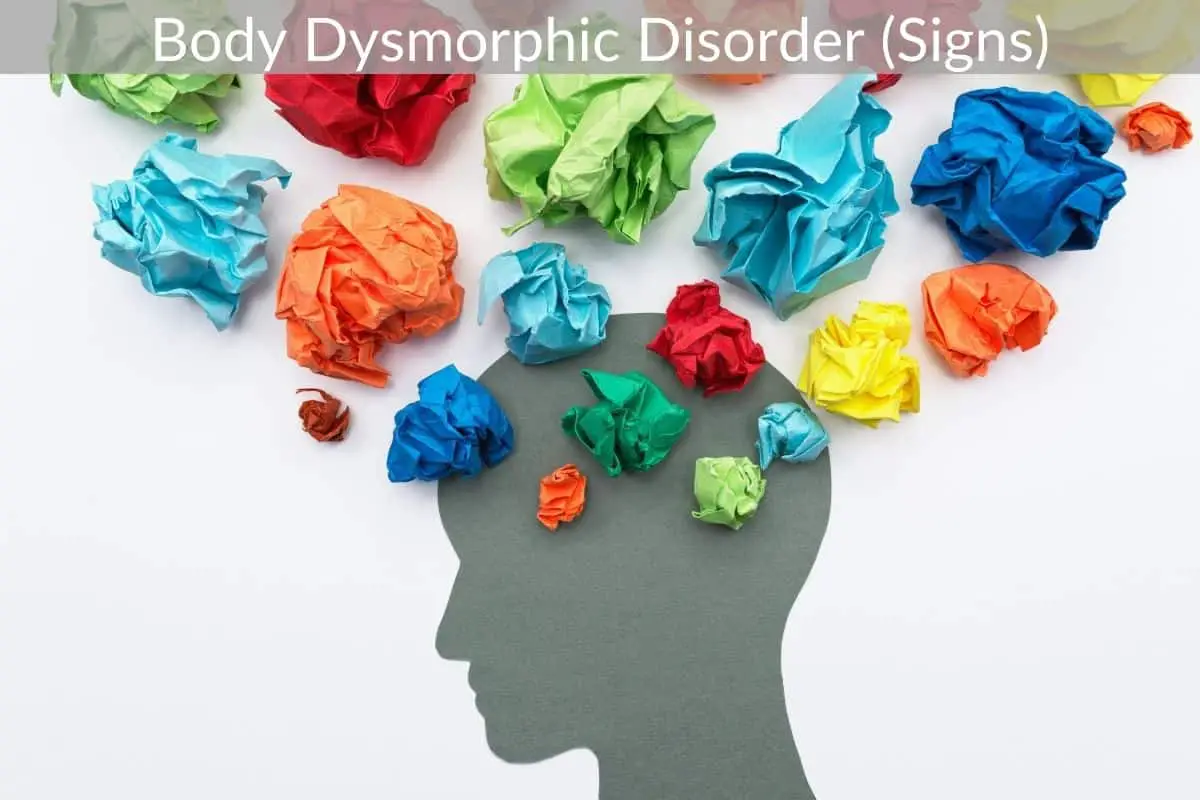Table of Contents
*This post may contain affiliate links. As an Amazon Associate we earn from qualifying purchases.
Male Athletes and Body Dysmorphic Disorder
Body dysmorphic disorder (BDD) is currently a disorder in which a person is preoccupied with a real or imagined defect in their appearance. The preoccupation typically involves one aspect of the body, but some have preoccupation with multiple parts as well (Phillips, Menard, Fay & Weisberg, 2005). The most common body image disorder among male athletes is called muscle dysmorphia. The fact remains, many men in the general population express some dissatisfaction with some part of their appearance, but those with muscle dysmorphia have a more extreme preoccupation. This preoccupation can lead to significant distress in social, work or another important area of their life.
Reverse Anorexia
Muscle dysmorphia is often called “reverse anorexia” and it most commonly affects men who want to lose body fat, get bigger and gain weight, rather than losing weight. The root cause of appears to be the fear of being too small.
Symptoms of Muscle Dysmorphia
Men who have muscle dysmorphia have an obsession with their appearance. This means they spend excessive amounts of time thinking about how they look. They generally perform repetitive, time consuming and compulsive behaviors. In addition, men who have muscle dysmorphia tend to avoid other types of relationships because their preoccupation takes up much of their time.
Unfortunately this disorder can get overlooked because getting bigger and having more muscle and spending time at the weight room involves the same athletic behaviors that are common to routines and most coaches are pleased to see their athletes training and exercising with great intensity. As a result, muscle dysmorphia often goes unnoticed as a problem, because the behaviors are thought of as “normal” for athletes.
Signs of Muscle Dysmorphia:
Appearance:
- Are you concerned about your appearance in any way?
- What is your concern?
Avoidance:
- Do your relationships suffer due to preoccupation
- Do you miss work or school?
- Is your sex life affected
Time:
- Do you think about your appearance or wish you could worry about it less?
- How much time do you spend grooming?
- How much time are you at the gym?
If you have concerns about this or are concerned about an athlete with this type of disorder you should assist them to see a sports medicine doctor and/or a psychologist. The best treatments are medical(medication) and psychological support.

